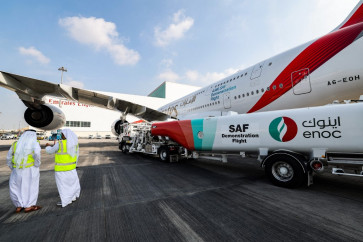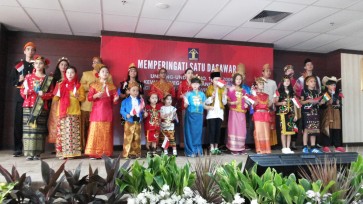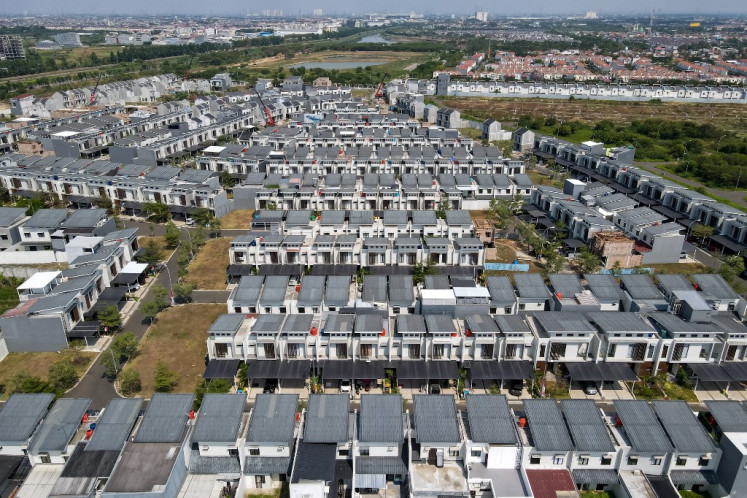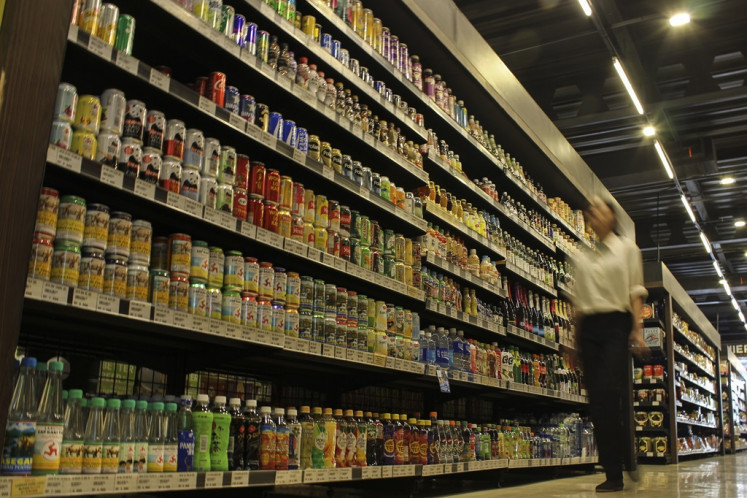Govt supports sand iron processing firm
The government will assess a feasibility study by an iron sand-processing company in Yogyakarta to review the impact the companyâs plan to relocate its factory would have
Change Size

T
he government will assess a feasibility study by an iron sand-processing company in Yogyakarta to review the impact the company's plan to relocate its factory would have.
R. Sukhyar, the director general for mineral and coal at the Energy and Mineral Resources Ministry, said PT Jogja Magasa Iron, which holds a contract to work on iron sand in Kulon Progo, Yogyakarta, had planned to relocate its factory.
'The company is planning to move its factory from the current location [outside the mining area] to within it. We need to calculate the impact this will have in a new feasibility study,' Sukhyar, who visited the site last weekend, said on Monday.
According to Sukhyar, Jogja Magasa had yet to establish smelter facilities.
The company, he continued, was working toward processing the iron sand, which has an iron content of 15 to 20 percent, into concentrate with 58 percent iron content.
Under the new regulation following the implementation of a ban on the export of ore, until 2017 only iron sand processed to a minimum 58 percent iron content can be exported.
After 2017, all iron sand must go through domestic smelting processes to become end products, such as sponge iron and pig iron.
'Increasing the content from 15 percent to 58 percent is good. The company can sell the product to the domestic market while waiting for the smelter to be developed,' Sukhyar said.
Following the relaxation of the implementation of the controversial 2009 Mining Law, which required all mining companies to domestically process mineral ores by January 2014, the government decided to impose export duties on companies exporting half-processed mineral suntil 2017.
The move is aimed to boost the downstream industry, which has long been an exporter of raw material and natural resources.
Critics have been challenging the attempt to make the country enjoy higher income from the export of value added products. Some business players consider the building of smelters to not be economical.
Erry Sofyan, the secretary-general of the Indonesian Bauxite and Iron Ore Entrepreneurs Association, said iron sand miners were mostly small scale players, which could not afford to develop their metal processing facilities.
Moreover, he said, processed iron sand could only reach a maximum content of 55 percent, lower than the minimum 58 percent allowed for export under the new regulation.
'Domestic users, such as Krakatau Steel, only accept 60 percent Fe [iron] grade. Our export to China is only 55 percent,' he said, citing that the country had abundant resources of iron sand along the shoreline of southern Java, the west coast of Sumatra and Sulawesi.
Currently, Krakatau Steel continues to export the raw material. It has developed a sponge iron production facility in South Kalimantan to reduce its dependency on imports.









